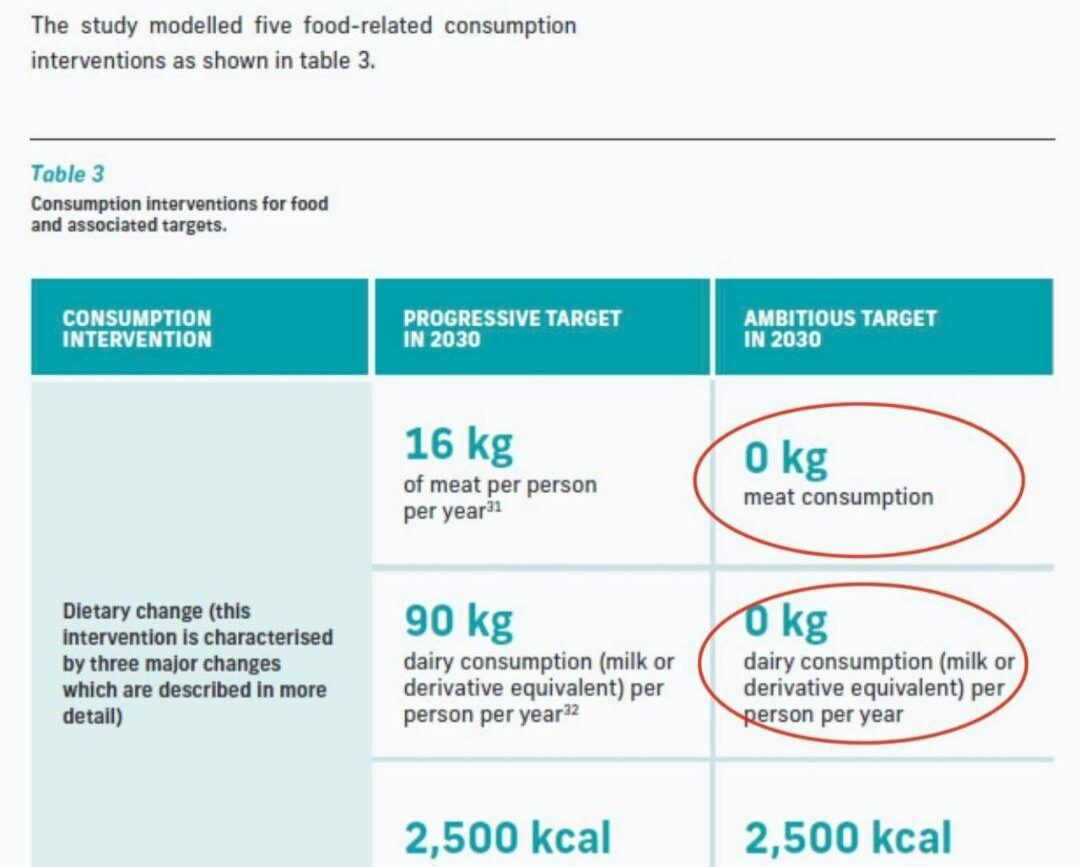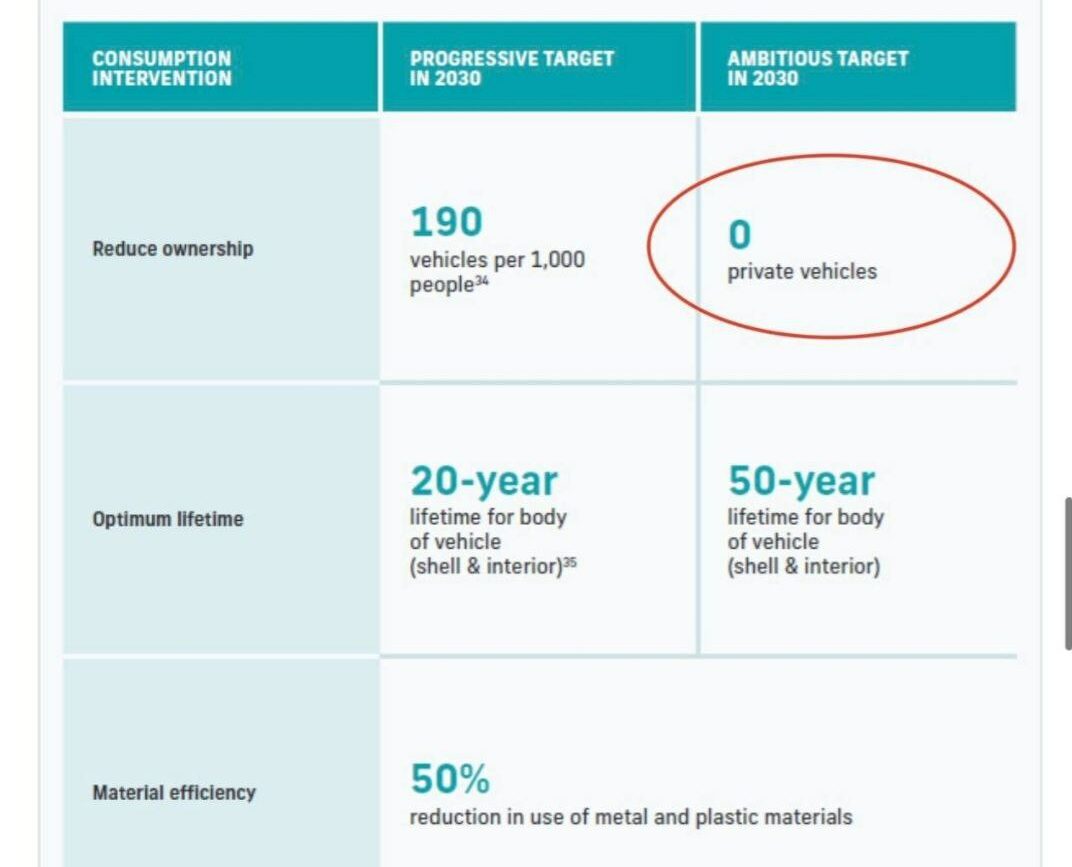Key messages in this report
• Behaviour change is essential for achieving climate and environment goals, and for delivering wider benefits.
• The Government’s current approach to enabling behaviour change to meet climate and environment goals is inadequate to meet the scale of the challenge.
• The public want clear leadership on the areas of behaviour change they should prioritise, and they want the Government to lead a coordinated approach to help them adapt by making change easier and fairer.
• Priority behaviour change policies are needed in the areas of travel, heating, diet and consumption to enable the public to adopt and use green technologies and products and reduce carbon-intensive consumption.
• There is a need for greater leadership and coordination across Government departments and with wider society on behaviour change for climate and environmental goals.
• The Government needs to provide a positive vision and clear narrative on how the public can help achieve climate and environment goals, and to lead by example.
• Information is not enough to change behaviour; the Government needs to play a stronger role in shaping the environment in which the public acts, through appropriately sequenced measures including regulation, taxation and development of infrastructure.
• Fairness is key to effective behaviour change.
• Businesses have a critical role to play in enabling behaviour change through increasing the affordability and availability of greener products and services, and engaging customers and employees.
• Government should also support and celebrate civil society organisations, faith communities and local authorities delivering local behaviour change projects.
• Government should learn from examples of where it has effectively enabled behaviour change, including during the COVID-19 pandemic, as well as from past failures.
http://archive.today/2022.12.07-092007/https://committees.parliament.uk/publications/30146/documents/174873/default/

